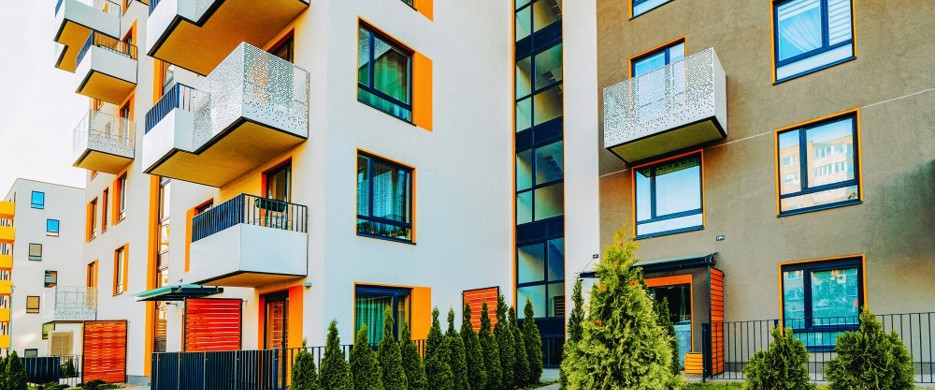
Are you considering buying a leasehold flat?
If you are you should consider finding out answers to the following questions before making an offer.
How long is left on the lease?
A lease is granted for a term of years with the remaining term decreasing as each year passes. If the remaining term of the lease has 80 years or fewer left to run and you decide to extend the term of your lease, which is more commonly known as a lease extension, you will be required to pay the Landlord a premium to extend the term of the lease.
The premium paid for a lease extension with a lease that has 80 or less years to run will be more expensive than if you extend the lease when there are 90 years left to run. When the lease drops below 80 years the lease extension premium is calculated on the value of the building the flat is in rather than the value of the flat. This is why extending the lease is more expensive once the term falls below 80 years.
Whilst most lenders will lend on a lease when it has around 80 years left you have to be mindful of how expensive it will be to extend the lease.
How much is the Ground Rent?
All leases have a Ground Rent, which is an annual payment paid to the Landlord who is usually the person that owns the freehold and has the ability to grant the lease in the first place.
Some leases have a peppercorn Ground Rent which is the equivalent of nothing, others require you to pay a fixed sum of £10 each year throughout the whole term of the lease. Whereas with other leases, the Ground Rent could be £200 with regular ground rent reviews every 25 years until the lease runs out. Unfortunately, with Ground Rent reviews the ground rent will increase, sometime by double, others will increase in relation to the retail price index but never decrease.
If the Ground Rent for the flat is over £250 outside of London or over £1000 in London, the lease might be caught by schedule 2 of the Housing Act 1988. This means that if you do not pay your ground rent the landlord can apply to court for compulsory forfeiture of your lease, which means you lose your flat and your lender loses their security. As I am sure you can imagine this is very serious for you as you lose your home/investment and your lender loses their security as the lease will no longer exist.
Due to the way the Housing Act 1988 is worded, there is no other remedy available, so if you decide to put an offer in on the leasehold property, you should seek legal advice, as there are a number of ways to proceed. For example, the lease itself may contain a clause stating that the relevant section of the act won’t apply to your lease, or you could find out if the Landlord will agree to a deed of variation to vary the ground rent. It’s at this point you should consider seeking professional advice so that you can get an idea of your options.
Helping you have a smooth move
We are accredited under The Conveyancing Quality Scheme (CQS) which provides a recognised quality standard for residential conveyancing. If you are moving house, get in touch with our residential property and conveyancing team by calling 0330 0945 500, emailing info@nevesllp.co.uk or complete our Contact Form and we'll get back to you.
To obtain a quote for conveyancing costs use our online tool.

